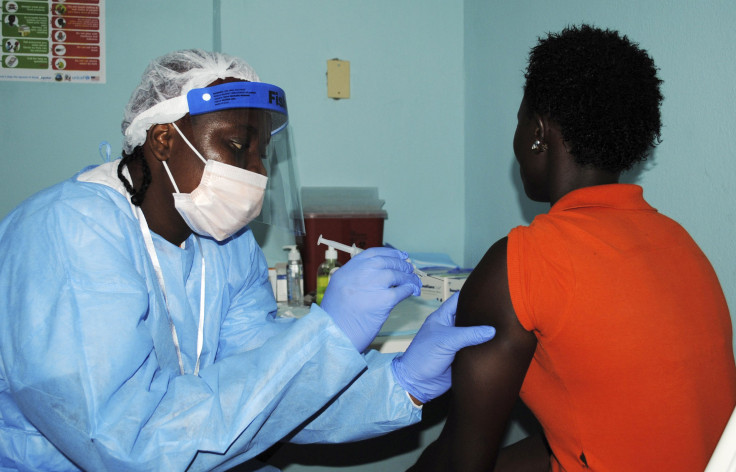Study reveals high Ebola risk factors at homes, communities

Looking after people with late-stage Ebola at home puts people at greatest risk of catching it themselves, according to a new study.
In the first systematic review into the risk factors associated with Ebola, researchers at the University of East Anglia clarify that living in the same house as someone with the virus will not put others at great risk, provided they avoid direct contact. However, they recommend better provision of health care facilities to avoid transmission of the deadly virus.
For the study, published in the International Journal of Epidemiology, the team analysed 31 reports of the disease across 10 primarily African countries dating back to 1967. Most of the data came from interviews with survivors, their close contacts, or from clinical notes. The researchers considered variables including age group, intensity of contact and the stage of the disease.
“This research strengthens the evidence base for dealing with this deadly disease. Importantly, we provide a more nuanced understanding of the risks – and particularly the risks associated with indirect contact,” says lead researcher Prof Paul Hunter from the university’s Norwich Medical School.
Their findings show that Ebola is not very infectious in the general community, and that it does require fairly close contact with a known case, the team says. According to the researchers, they found no evidence of risk associated with casual community contact with individuals who are not yet showing symptoms.
Even living in the same house is not that risky, providing one avoids direct contact with the Ebola patient, the researchers say. Many forms of contact such as conversation, sharing a meal, sharing a bed, and direct or indirect touching, are unlikely to result in disease transmission during incubation or early illness, they explain.
Apart from caring for a sick person at home in the later stages of infection, the researchers found that preparing the recently deceased for burial poses a high infection risk. The team says changing funeral traditions during outbreaks, such as allowing cremation, could help stop the spread of future outbreaks.
“Urgent diagnosis and hospitalisation really is the key to stopping the spread of this disease at least until vaccine is widely available, the team says. Their findings also show that vaccination strategies in future outbreaks only need to be targeted at relatively close contacts of cases and health care workers, the researchers note.
Last year, the West African Ebola outbreak generated so many new cases and had spread to so many countries, which alarmed the general public. Last week, the World Health Organisation (WHO) claimed that strong leadership, adaptation of the response to cultures and environments and innovation have turned the tide, and have turned terror to confidence. WHO has reported that Liberia has interrupted the disease’s transmission, and Sierra Leone is close to achieving that milestone. While Guinea is still recording cases, they are low in numbers, the organization says.
Contact the writer at feedback@ibtimes.com.au or tell us what you think below.





















